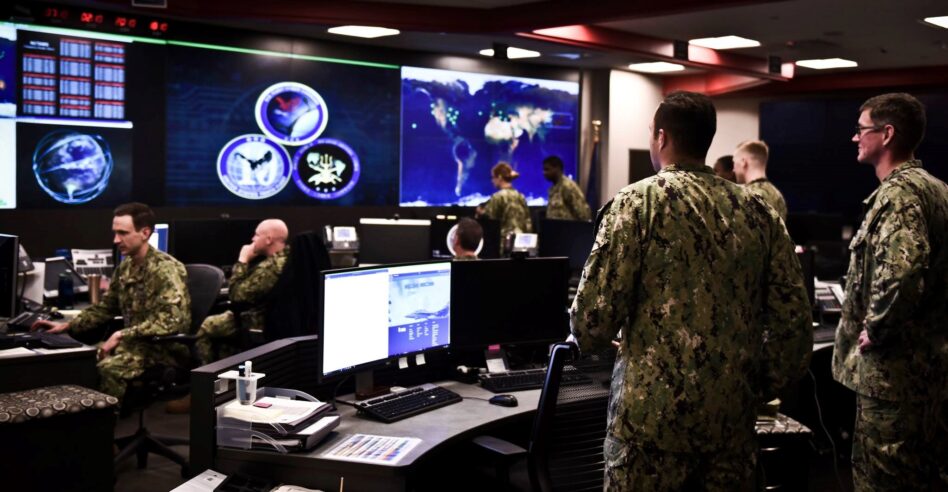As if one new military branch wasn’t enough—looking at you, Space Force—Trump may soon get a shot at another: Cyber Force. And the think tanks are already on the case.
This week, the Center for Strategic and International Studies (CSIS) and the Foundation for Defense of Democracies (FDD) announced they’re launching a new commission next month to map out what a cyber-focused military branch could look like—something some experts have been urging for years.
They’re not deciding whether to create a Cyber Force (that job falls to the National Academies under the FY2025 NDAA), but how to do it—and what hurdles might get in the way. And with Russia, China, and Iran regularly flexing their cyber muscles, a plan can’t come soon enough.
Commission creds: The 17-member CSIS panel is made up of retired military leaders, national security officials, and industry execs, including some pretty heavy hitters:
- Lt. Gen. Ed Cardon (ret.), commission co-chair and former commanding general of the Army Cyber Command.
- Lt. Cdr. Tyson Meadors, USN (ret.), director of cyber at Anduril and former NSC director.
- Robert Lee, CEO of the cybersecurity firm Dragos.
- George Barnes, former deputy director of the NSA from 2017 to 2023.
The group will develop an implementation roadmap for a potential cyber service, covering its organizational structure, responsibilities, and authorities. As the announcement put it, “By outlining these issues in advance, this effort seeks to accelerate execution, reduce transition risk, and ensure that policy decisions are translated into operational advantage.”
George Barnes, former NSA deputy director and now head of the Cyber Practice at Red Cell Partners, told Tectonic that he was asked to join because of his “many years at NSA, both in leadership and on the technical side.” But, he added, “I haven’t been active in saying there needs to be a Cyber Force.”
Barnes said that he wants to “make sure key factors are considered in any implementation plan if the National Academy of Science proposes that there should be a Cyber Force and the President goes forward—because the stakes are really high, with or without a Cyber Force.”
Cyber Force skeptics: However, not everyone is sold on the idea. Last year, Lt. Gen. Charlie “Tuna” Moore (Ret.), former deputy commander of Cyber Command, wrote an op-ed stating that “now is not the time” for a dedicated Cyber Force because “the threats are too great, the costs are too high, and the results can be achieved quicker utilizing the authorities US Cyber Command already possesses.”
While he’s on the commission, Barnes says he wants skeptics in the mix. “This commission has to actually engage people like Tuna, a thoughtful leader with a lot of experience,” he said. “He’ll be somebody that needs to be called upon to answer what things mean regarding the aspirations of a Cyber Force.”
But some experts remain unconvinced. Dan Grazier, director of the National Security Reform program at the Stimson Center and a former Marine Corps officer, told Tectonic that a Cyber Force is the “absolute last thing the DoD needs.”
“If we create a Cyber Force, its commanders gain control of their own share of the budget, they’re going to pursue their own needs, and they’re going to start dictating to the other services they’re supposed to serve,” Grazier added. “This leads to inefficiency and bloated budgets, but more importantly, it leads to friction at the warfighter level.”
Barnes, even though he’s on the commission, is also wary of weighing the very real threats in cyberspace with the bureaucracy of another standalone service. “On the one hand, having some cohesion, a center of gravity, and consistency of approach will be helpful,” but “on the other hand, if we have a Cyber Force, every service has to tend to its own cyber needs. Having a Cyber Force doesn’t suggest that all the services or civilian agencies won’t have their own cyber people.”
Whether or not a Cyber Force is stood up, Barnes hopes that the big names on the commission “can bring things into focus and create a plan that, if called upon, is a good starting point.”

